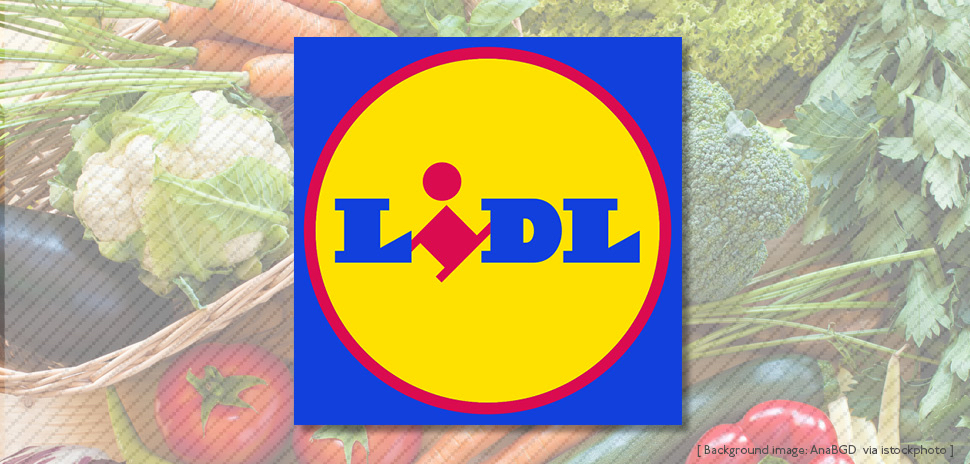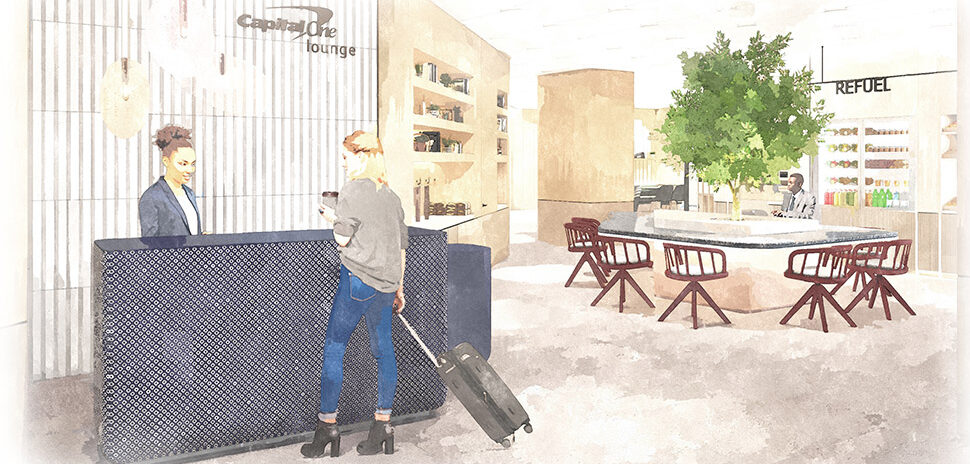In recent years, the grocery sector in North Texas has seen new names pop up in the area as retailers enter Dallas-Fort Worth looking for their slice of the ever-growing DFW market.
The German grocer Lidl is one of the latest to enter North Texas as the company has been buying land across DFW as it prepares for a U.S. expansion, according to The Dallas Morning News.
According to county records, a half dozen locations have been identified as Lidl land purchases — McKinney, Frisco, Little Elm, North Richland Hills, Rockwall, and Wylie. The company has spent more than $10 million in North Texas land buys, the newspaper said.
The Morning News said that another undisclosed location in southwest Dallas is expected to be considered soon on the city’s planning and zoning agenda.
“They understand that they need to change, and that’s what really makes this so powerful.”
Doug Koontz
Lidl has not commented, other than to tell the Morning News last fall that is was starting to scout North Texas locations.
Lidl often is compared to its chief German rival, Aldi, which already operates 15 stores in North Texas and has been in the United States for 40 years.
Both are similar in that they run efficient operations and have an emphasis on private label foods, the Morning News said. Like Aldi, Lidl stores sell meat, produce, bakery items, and household goods at discount prices.
The newspaper noted that Aldi and the Trader Joe’s chain have their roots in Germany, and like Lidl are growing by attracting a clientele not attached to products branded by the large grocery names, such as Nabisco or Kraft.
It’s that reliance on private label products that separates the German retailers from U.S. giants such as Kroger, Tom Thumb, and Albertson’s.
LIDL IS A ‘LITTLE MORE CUTTING EDGE’
Doug Koontz, head of content of RetailNet Group, a retail and advisory practice, described Lidl as a “little more cutting edge” than Aldi and closer to Trader Joe’s with it’s affordable, higher-quality products and “interesting assortments” that reinforce the foodie culture.
Koontz said that the key is that both Aldi and Lidl are evolving.
“They understand that they need to change, and that’s what really makes this so powerful,” Koontz said in the Shelby Report. “They’re picking and choosing where to differentiate themselves while also still being true to that low-cost model. It ensures that they are not only top of mind because you can buy the cheapest basket, but also because you can get some really quality products.”
Lidl’s development needs are four acres of land to build a 36,000-square-foot store. That’s about double the size of a typical Aldi store, the Morning News said.
The company said in February that it intended to open the first 20 of its U.S. stores in Virginia, North Carolina, and South Carolina this summer.
According to a report in MarketWatch, Lidl has 10,000 stores in 27 countries in Europe, and launched a U.S. headquarters in Arlington, Virginia in 2016.
MarketWatch reported that Texas and Georgia were of interest to Lidl in the South, as well as locations along the East Coast from New Jersey to Pennsylvania.
Lidl could have an impact in areas where shoppers are looking for lower prices, according to some analysts.
“Against a Whole Foods Market, there will be little impact,” Rupesh Parikh, executive director of Oppenheimer, told MarketWatch. “But near Wal-Mart or dollar stores, there will be more impact.”
Not all analysts agree, however.
“We must be willing to cast aside today’s methods, however effective, for those that seem better suited for tomorrow.”
Bill Bolton
“In addition to low price, low-income shoppers demand consistency, reliability, and familiarity in the stores they shop and products they buy,” Kantar Retail Director Mike Paglia told MarketWatch.
“The dollar stores are an established part of the shoppers’ universe and meet those needs well. When Lidl gets here, it will be an unknown entity and, from a low-income shopper’s perspective, a risky place to spend their limited cash on items that may or may not meet expectations.”
LIDL, ALDI COULD ACCOUNT FOR UP TO $67 BILLON IN U.S. SALES
But that doesn’t mean Lidl can’t be a disruptor in the grocery sector in North Texas.
Limited assortment grocers such as Aldi and Lidl are responsible for the largest jump in physical store growth when compared to other retail formats including super center, natural/gourmet, and conventional grocery stores, according to data from Nielsen’s TDLinx.
Bill Bishop, chief architect of Brick Meets Click and industry expert Bill Bolton, founder of Customers & Guests and the former CEO of Jewel Foods, predict both German discount grocers will account for $53 billion to $67 billion in U.S. sales by 2021.
In their presentation “When Aldi and Lidl Go Head to Head” at Western Michigan University’s Food Marketing Conference in March, both said that Aldi will have 2,500 stores and generate $32 to $40 billion is sales, while Lidl will have up to 1,000 stores by 2021 generating sales of $21 to $27 billion.
In Progressive Grocer, Bishop and Bolton said hard discounters do this:
- Create a low cost infrastructure that will impact the way food retailing is done in North America
- Offer more comfortable shopping experiences that rival other formats
- “Sense and respond” to market changes. Aldi and Lidl are pushing each other to innovate. Where Aldi had been the leader, now Lidl is considered the greater disruptor
- Leverage online grocery as a core element of their go-to-market strategy.
“We must be willing to cast aside today’s methods, however effective, for those that seem better suited for tomorrow,” Bolton said, drawing from his mantra while at Jewel Foods.
Dallas Innovates, every day





























